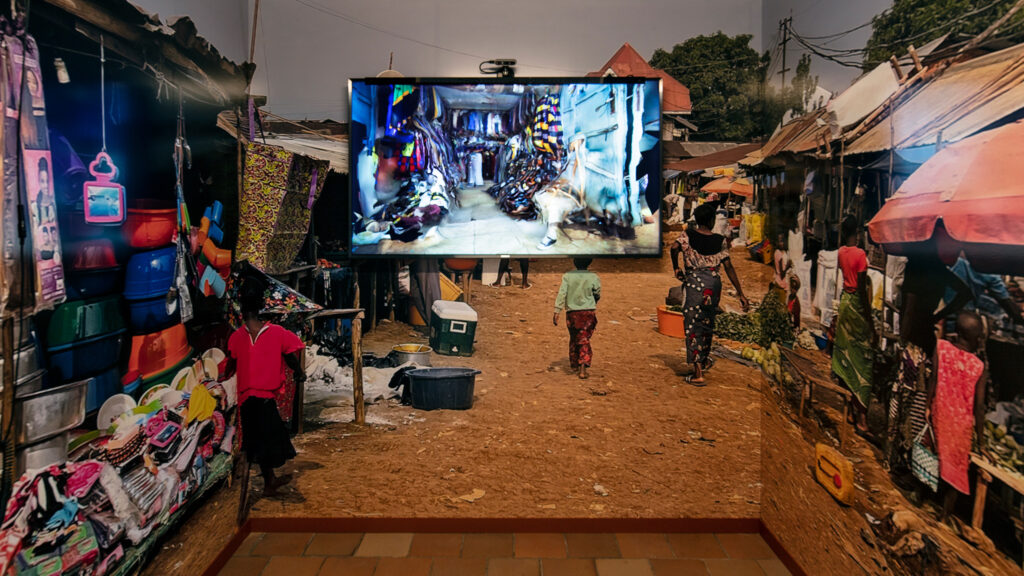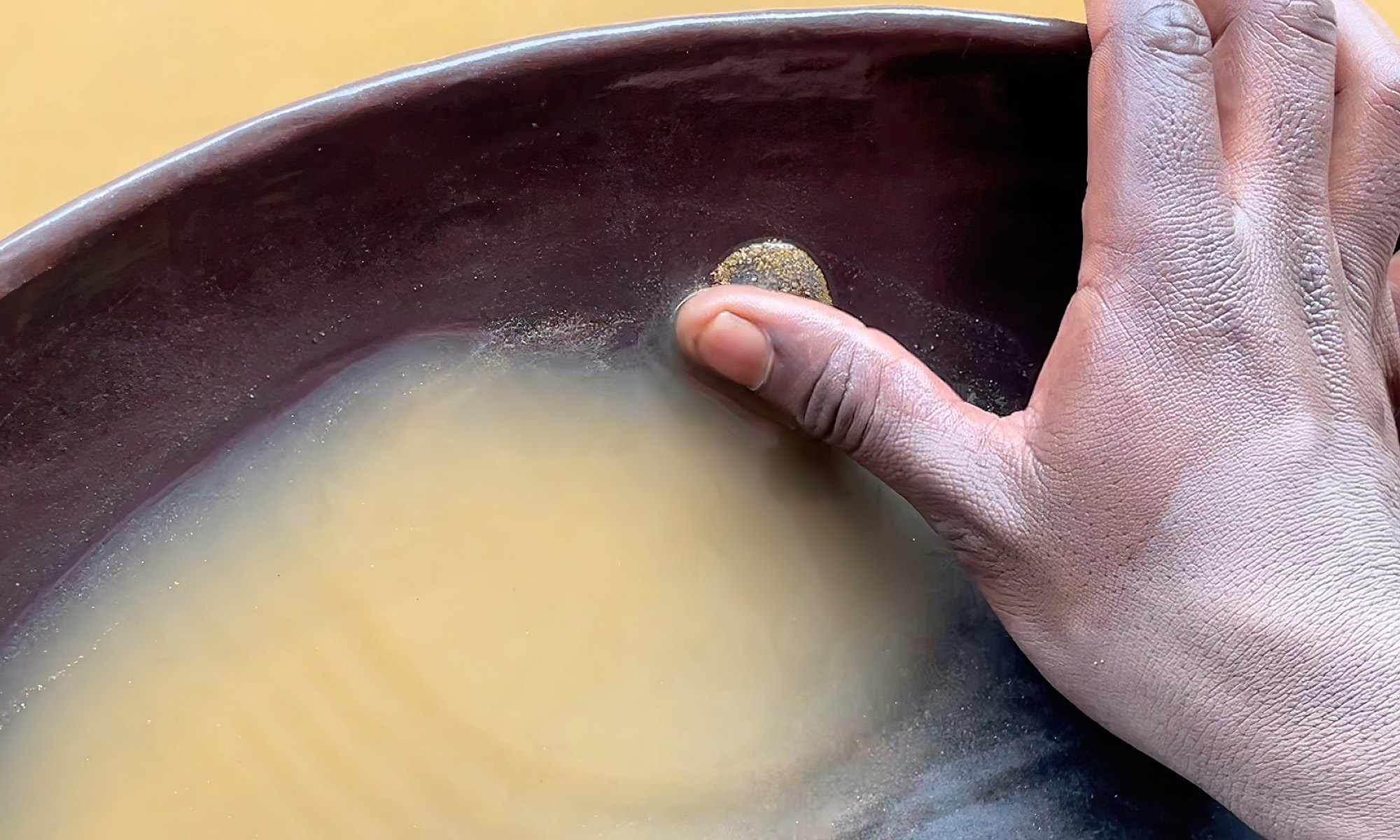Improving the working conditions, health care and safety of artisanal miners is being pursued by various parties. Local and national initiatives in the Congo aim at regulating supply chains, traceability and increased due diligence in the trade of gold and rare earths. Other approaches, particularly at the international level, seek to hold electronics companies more accountable and push for improved conditions for workers in small-scale mining. Finally, consumers are urged to shop more consciously, to look for alternatives to the products on offer from large corporations and to recycle.

The Trouble with Complexity
The various solutions to the problems of poverty and risk in the artisanal mining sector often fail due to the complexity of the circumstances. One example is part of a 2010 U.S. law that, among other things, sought to stop the flow of money from mineral mining in the Congo to armed groups and required publicly traded U.S. companies to disclose whether they used “conflict minerals” (tin, tungsten, tantalum and gold) from the Democratic Republic of Congo (DRC). However, the legislation ultimately had the effect of hitting artisanal miners the hardest, while increasing smuggling of rare earths and gold and missing the goal of stopping the flow of money into war funding.
How About Switzerland?
Switzerland plays a key role in the global gold trade. The country imports an average of 2,500 to 3,000 tons annually of mined gold from over 60 countries, along with recycled gold. It refines the equivalent of 70 percent of the world’s annual production. It is home to four of the world’s largest gold refineries: Metalor, Valcambi, Argor-Heraeus and PAMP.
Precious metals from Africa – where the working conditions of artisanal miners are among the worst in the world – reach Switzerland indirectly via third countries. Even though the Democratic Republic of Congo (DRC) is one of the major gold producers, official exports amount to only a fraction of its estimated production. Most of it is smuggled to neighboring Rwanda and Uganda. Other known routes of gold smuggling lead from Burkina Faso to Togo. These transit countries, with no gold resources of their own, supply the global market, mainly via Dubai.
Exchanging gold from dubious origins and not combatting smuggling from third countries remains a major issue. Importers in Switzerland claim it is difficult to determine the origin of gold because it becomes mixed up in global value chains and some countries lack either the will or the power to increase legal scrutiny on this important commerce.
